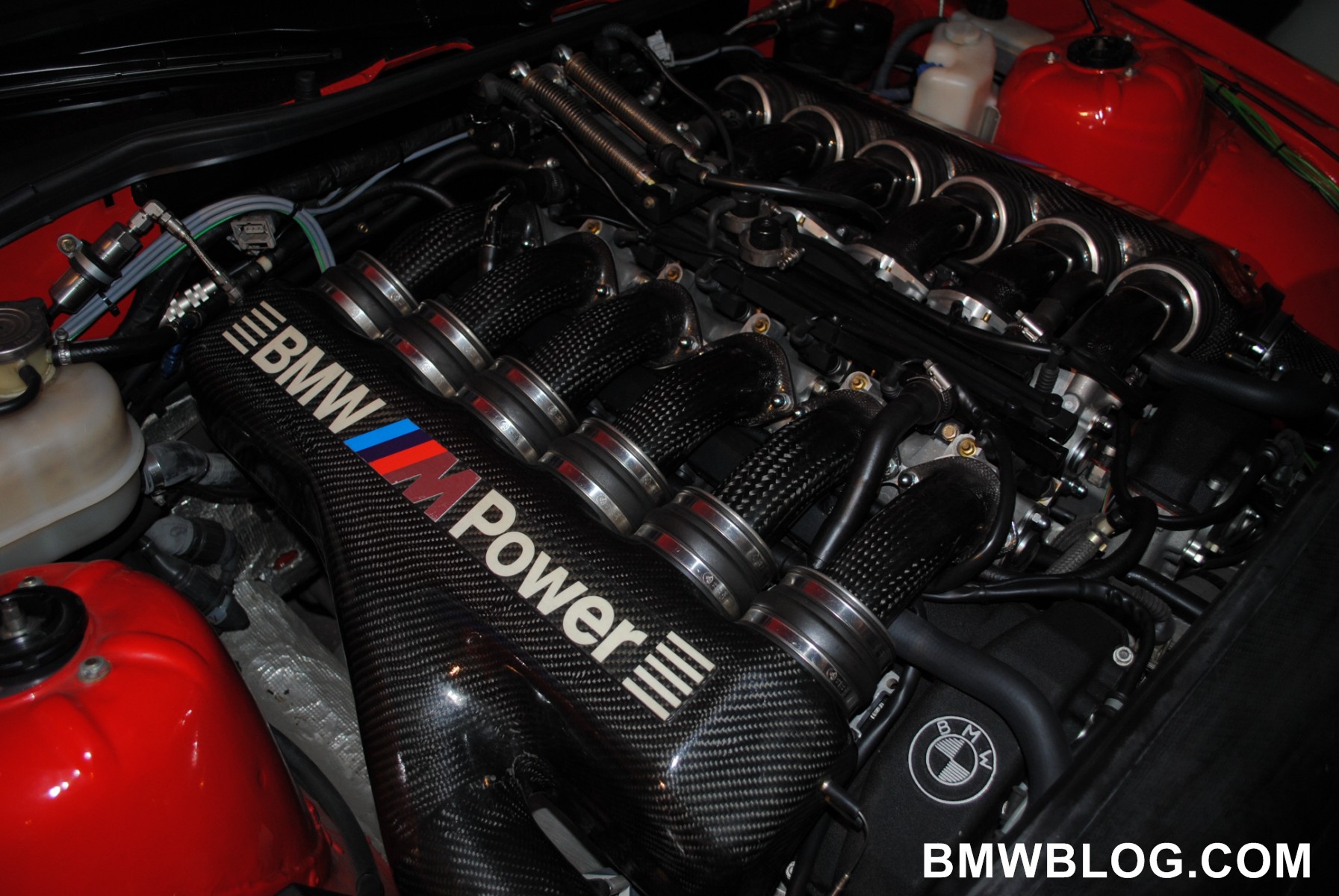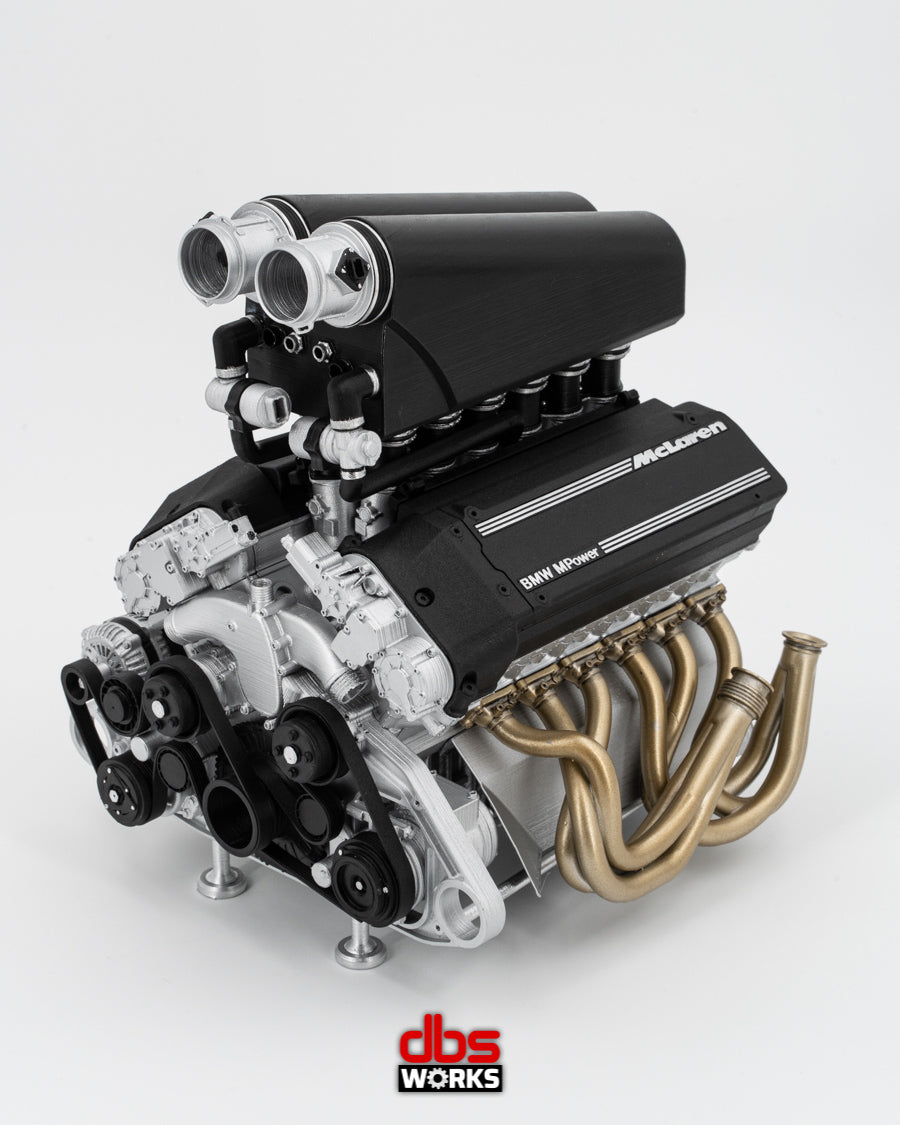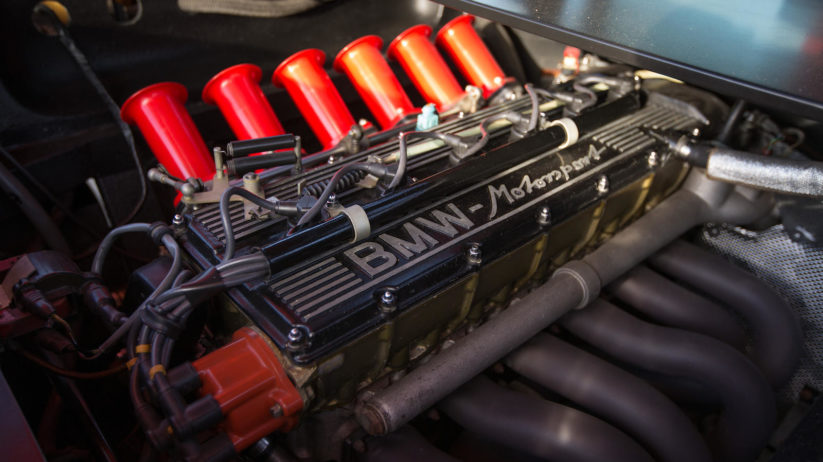Checking Out the Efficiency Enhancements of the most recent BMW Engine Models
Checking Out the Efficiency Enhancements of the most recent BMW Engine Models
Blog Article
Introducing the Intricacies of Next-Generation Power Units: a Deep Dive Into Advanced Engine Styles and Advancements
As we stand on the precipice of a brand-new period in transport, the ins and outs of next-generation engine designs bid us to explore the cutting-edge innovations and technologies that promise to redefine the driving experience. Delving much deeper right into the realms of emission control, smart engine management systems, and the perspective of power device advancement, we discover ourselves on the cusp of a makeover that promises to reshape the landscape of movement as we recognize it.
Evolution of Engine Products

The shift in the direction of advanced engine products has also enabled designers to design engines with greater power results while preserving gas efficiency standards. The use of light-weight products minimizes the total weight of the engine, leading to enhanced fuel economic climate and reduced discharges. Additionally, developments in materials innovation have permitted for better thermal monitoring within engines, causing increased dependability and longevity.
Turbocharging and Supercharging Technologies
Just How do Turbocharging and Supercharging Technologies revolutionize engine efficiency and performance in modern automobiles? Turbocharging and supercharging are innovations that substantially boost engine efficiency by enhancing the quantity of air consumption into the combustion chamber. Turbocharging achieves this by utilizing a turbine driven by exhaust gases to pressurize the intake air, while turbo charging uses a belt- or chain-driven compressor to attain the very same impact.
These technologies allow smaller sized, much more fuel-efficient engines to generate power comparable to bigger ones, referred to as downsizing. Forcibly more air into the cylinders, supercharging and turbocharging boost burning performance, causing raised horsepower and torque outcome without a considerable rise in engine dimension. This results in much better velocity, towing capacity, and total driving performance.
Furthermore, turbocharging and supercharging contribute to enhanced gas efficiency by allowing the usage of smaller sized engines that take in much less fuel under regular driving problems - bmw engine. This mix of improved efficiency and efficiency has actually made turbocharging and supercharging indispensable components of lots of modern-day engine styles
Exhaust Control and Environmental Influence
With boosting international worries regarding air quality and environmental sustainability, the application of exhaust control innovations in vehicles plays a vital role in minimizing damaging pollutants released right into the atmosphere. Modern automobiles are equipped with advanced discharge control systems that help minimize the ecological effect of vehicle procedures. Catalytic converters, as an example, are designed to transform toxic gases such as carbon monoxide, nitrogen oxides, and hydrocarbons right into much less damaging compounds like carbon dioxide and water vapor.
Furthermore, developments in engine technology, such as the assimilation of exhaust gas recirculation systems and selective catalytic reduction, have significantly added to decreasing discharges. These innovations operate in tandem to enhance combustion efficiency and minimize the click to investigate release of damaging toxins into the air. Additionally, the advancement of hybrid and electric automobiles stands for an essential action towards decreasing the general environmental footprint of the transport market.
Intelligent Engine Administration Solution

In addition, these systems enable cars to fulfill rigorous discharges standards without jeopardizing efficiency, giving an extra environmentally friendly driving experience. The assimilation of expert system and artificial intelligence capacities in engine management systems proceeds to push the boundaries of what is feasible, causing more enhancements in effectiveness, reliability, and general car efficiency. bmw engine. As vehicle modern technology developments, intelligent engine management systems will certainly play a crucial duty fit the future of transportation in the direction of an extra reliable and sustainable instructions
Future Trends in Power Unit Advancement
As intelligent engine administration systems pave the way for boosted control and optimization in modern automobiles, future trends in power system development are positioned to redefine the landscape of auto propulsion technologies. These alternative power resources supply boosted efficiency and performance while straightening with strict ecological laws.
Another substantial pattern is the integration of innovative products and manufacturing methods. Light-weight materials such as carbon fiber and aluminum are being utilized to decrease total car weight, improving fuel effectiveness and efficiency. Furthermore, improvements in 3D printing and additive manufacturing are making it possible for the manufacturing of complex engine components with higher accuracy and resilience.
Moreover, expert system and artificial intelligence are playing a vital role in optimizing power system performance. These technologies permit real-time monitoring and flexible control, resulting in extra effective and reputable power shipment. Generally, future trends in power system advancement are tailored towards sustainability, performance, and effectiveness, driving the automobile sector in the direction of more tips here a new period of propulsion technologies.

Verdict
Finally, the improvements in engine materials, turbocharging, discharge control, and smart management systems have led the way for next-generation power devices. These advancements have not only enhanced efficiency and performance but additionally decreased ecological impact. As modern technology proceeds published here to progress, future fads in power unit development are likely to concentrate on further enhancing sustainability and enhancing power output. The elaborate styles and advancements in contemporary engines display the recurring development of automobile innovation.
Exploring the dynamic developments in engine materials has been crucial in enhancing the efficiency and effectiveness of modern-day engines. Over the years, the development of engine products has played a critical function in pressing the borders of what engines can attain.The shift towards progressed engine products has also made it possible for designers to make engines with greater power results while keeping fuel effectiveness requirements.The execution of intelligent engine monitoring systems in contemporary cars has actually revolutionized the way engines are managed and maximized for performance and effectiveness. By accumulating data in real-time and examining it with innovative formulas, smart engine management systems can adapt to driving designs, ecological elements, and engine health to make the most of power output while reducing fuel intake and emissions.
Report this page